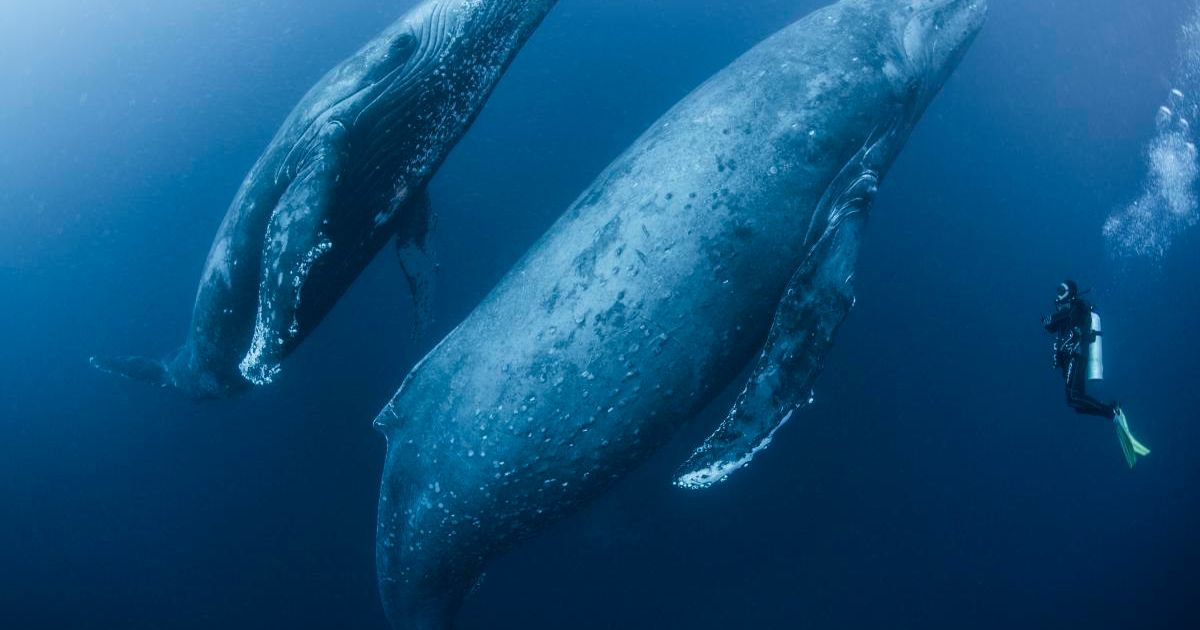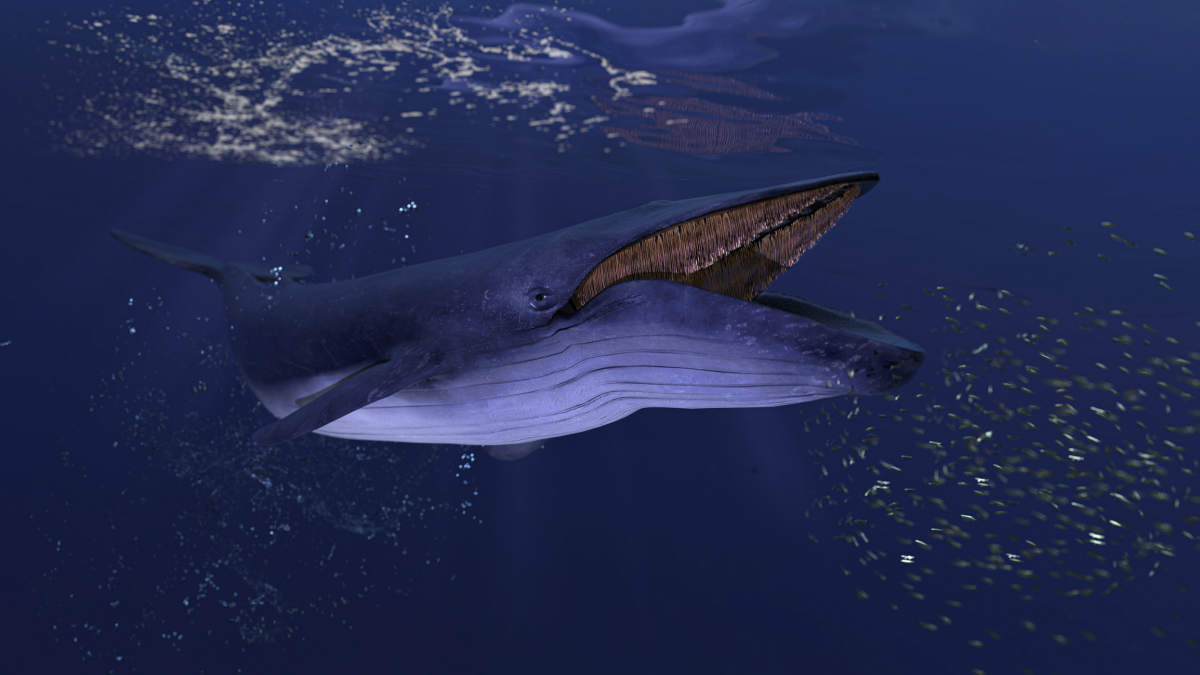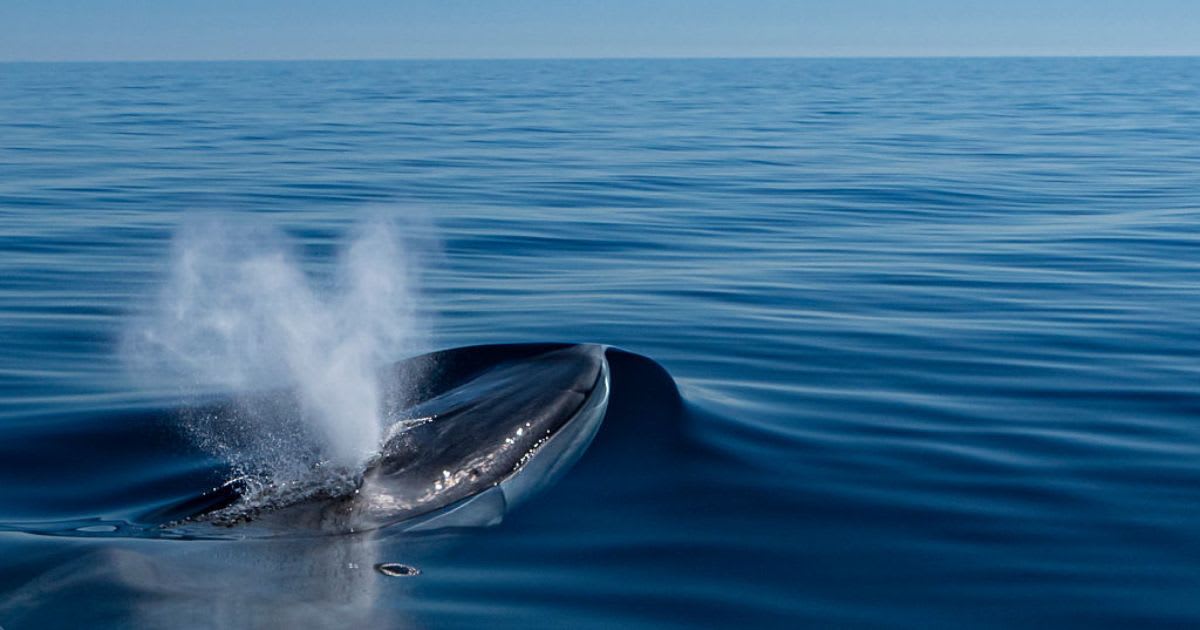Researchers Sense Trouble as Blue Whales Have Stopped Singing — They Are Busy With Something Else

Blue whales are one of the largest animals ever known to live on Earth. These gentle giants roam across the world’s oceans and are very popular for their powerful sounds that can travel hundreds of miles underwater. However, reports from just a few weeks ago have claimed that these whales are now falling strangely quiet. It is even more concerning because scientists believe that this could be a troubling signal for the gigantic marine mammals. This discovery came from a study published by PLOS One, which analyzed over six years of acoustic recordings in the central California Current Ecosystem.

The study is titled, "Audible changes in marine trophic ecology: Baleen whale song tracks foraging conditions in the eastern North Pacific." Beginning in July 2015, John Ryan, an oceanographer at the Monterey Bay Aquarium Research Institute, and a team of several other researchers tracked whale songs and noticed the difference among various species. They aimed to find out if whale song patterns changed with the seasons. However, their findings identified that the frequency of whale song was linked to their food habits. For instance, they observed that the Humpback whales, which have a varied diet, kept singing as usual.

In contrast, blue and fin whales—who rely heavily on krill for food—were heard far less frequently than in previous years. This suggested that their reduced singing might be due to low food availability, as reported by National Geographic. It’s also worth noting that the study began during the time when there was a massive marine heatwave, also known as The Blob, which might have reduced the krill populations. The whales were forced to spend more time hunting their prey, leaving them with less time to sing. Ryan, the researcher, spoke about this and said, “When you break it down, it’s like trying to sing while you're starving. They were spending all their time just trying to find food.”
He added, “They’re spending all their energy searching. There’s just not enough time left over—and that tells us those years are incredibly stressful.” Another oceanographer, Kelly Benoit-Bird, also opened up about the effects of the heatwave and said, “When we have these hot years and marine heatwaves, it’s more than just temperature. The whole system changes, and we don’t get the krill. So, the animals that rely only on krill are kind of out of luck.” She added, “If they can't find food, and they can traverse the entire West Coast of North America, that is a large-scale consequence.”
With increasing greenhouse gas emissions, global warming is on the rise. It has also been reported that oceans are taking in over 90% of the extra heat occurring from climate change. Therefore, these water bodies are growing more susceptible to severe marine heatwaves. This discovery isn't just limited to California; evidence suggests that similar problems may be unfolding elsewhere in the United States as well. Meanwhile, the study also pointed out that singing in blue, fin, and humpback whales is believed to be a behavior limited to mature males.
More on Green Matters
A Whale in Hawaii Sang a Song So ‘Powerful’ That Experts Felt Its Vibrations Through Their Feet
Researchers Managed To Have a 20-Minute 'Conversation' With a Humpback Whale Named Twain
Man Loses His Camera in the Ocean and Captures Stunning Visuals of a Humpback Whale Interaction